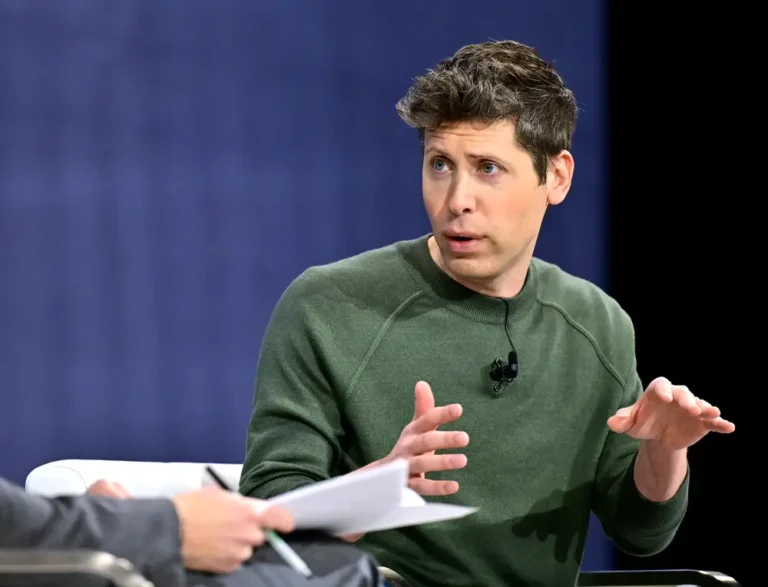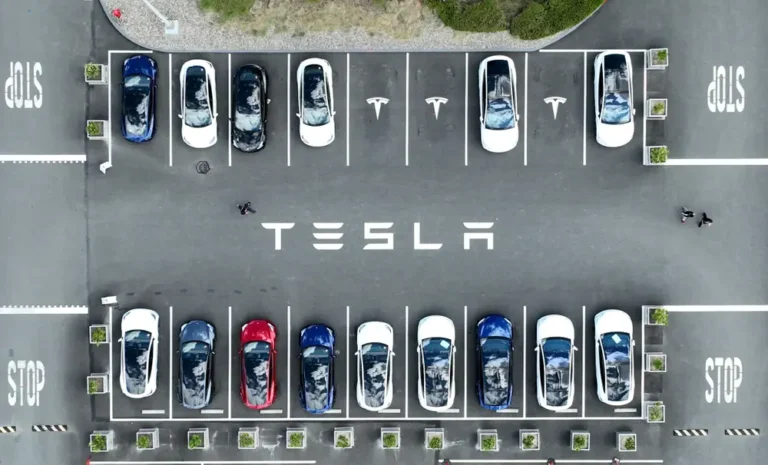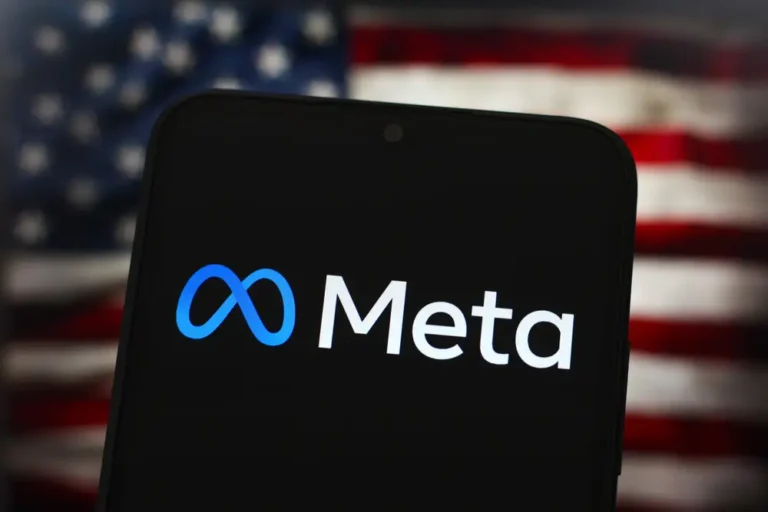Despite the AI hype, Amazon, Microsoft, and Google are seeing cloud growth rates stall as customers try to cut costs

- The big three cloud providers Amazon, Microsoft, and Google reported quarterly earnings this week.
- Microsoft cloud unit sales were up thanks to AI, while growth rates in traditional cloud stalled.
- Customers are continuing to cut spending amid an uncertain economy.
Despite the promise of generative AI to boost cloud computing sales, Amazon, Microsoft, and Google’s growth rates in the sector have stalled.
This week, all three cloud providers reported that cloud customers are still scrutinizing their IT budgets in the midst of a shaky global economy. This year, cloud sales growth rates stalled as customers dealt with rising inflation and destabilizing geopolitical conflicts.
Google disappointed investors on Tuesday by reporting 22% revenue growth in its cloud unit for the quarter, compared to 28% growth the previous quarter. The stalled growth, the company explained to investors, was due to “customer optimization efforts” — a nicer word for cost-cutting.
Amazon’s cloud unit reported 12% revenue growth year over year for the current and previous quarters. Amazon Web Services sales were growing at more than twice that rate at the same time last year.
“Customer cost optimizations continue to be a headwind,” Amazon CFO Brian Olsavsky told reporters on a pre-earnings call Thursday.
Microsoft reported a 24% increase in cloud revenue for the quarter, owing to higher-than-expected sales of AI services. The company has invested billions in ChatGPT-maker OpenAI, giving it a leg up on Amazon and Google when it comes to selling AI services. Microsoft CEO Satya Nadella said on Tuesday’s earnings call that GitHub Copilot grew 40% from the previous year. Sales of Microsoft’s cloud infrastructure and services, like those of Google, are stalled as customers “optimize.”
While Google executives dodged analyst questions about cloud spending, Microsoft CFO Amy Hood suggested that persistently frugal customers are nothing to be concerned about.
“Customers are going to continue to do that,” Hood said during the earnings call. “It’s a critical component of running workloads.” It is not novel.”
On Tuesday’s earnings call, Nadella echoed Hood’s sentiment that slowed growth should not be cause for concern.
“Workloads start, then workloads get optimized, and then new workloads start,” Nadella explained during the call. “We’ll lap some of those optimization cycles that were fairly extreme perhaps in the second part of our fiscal.”






